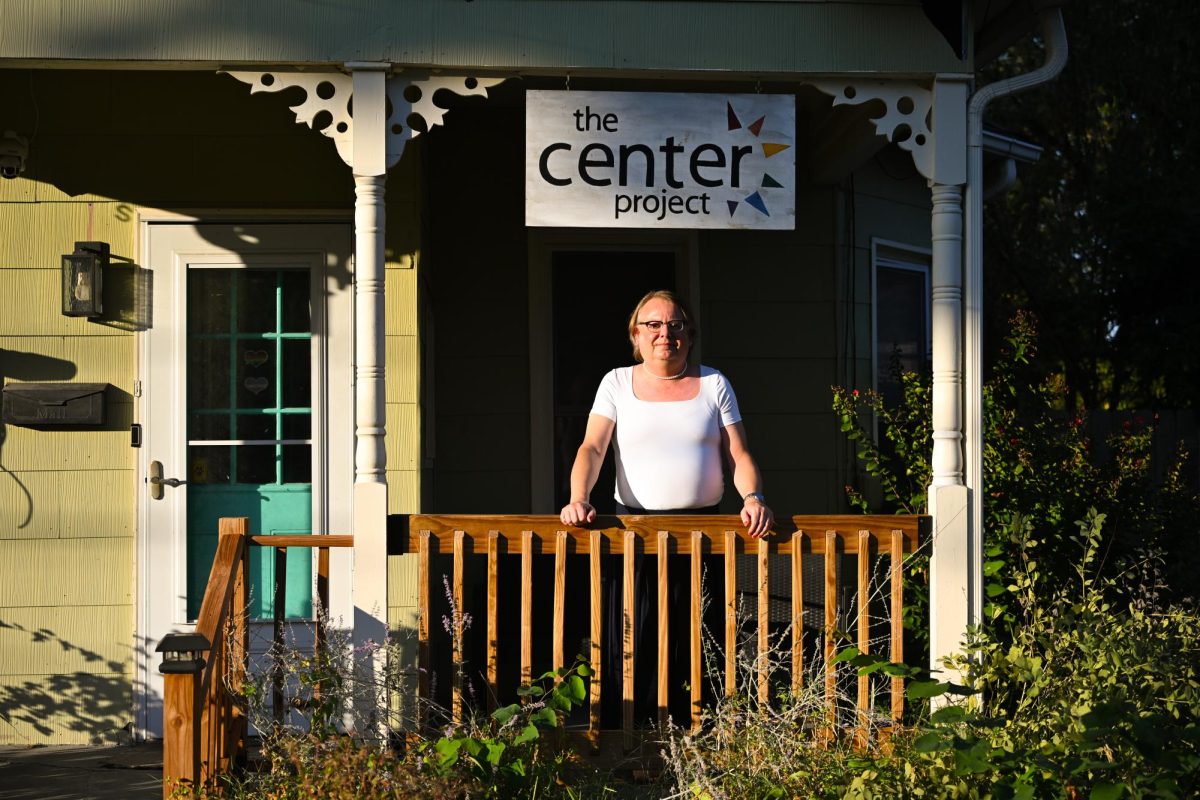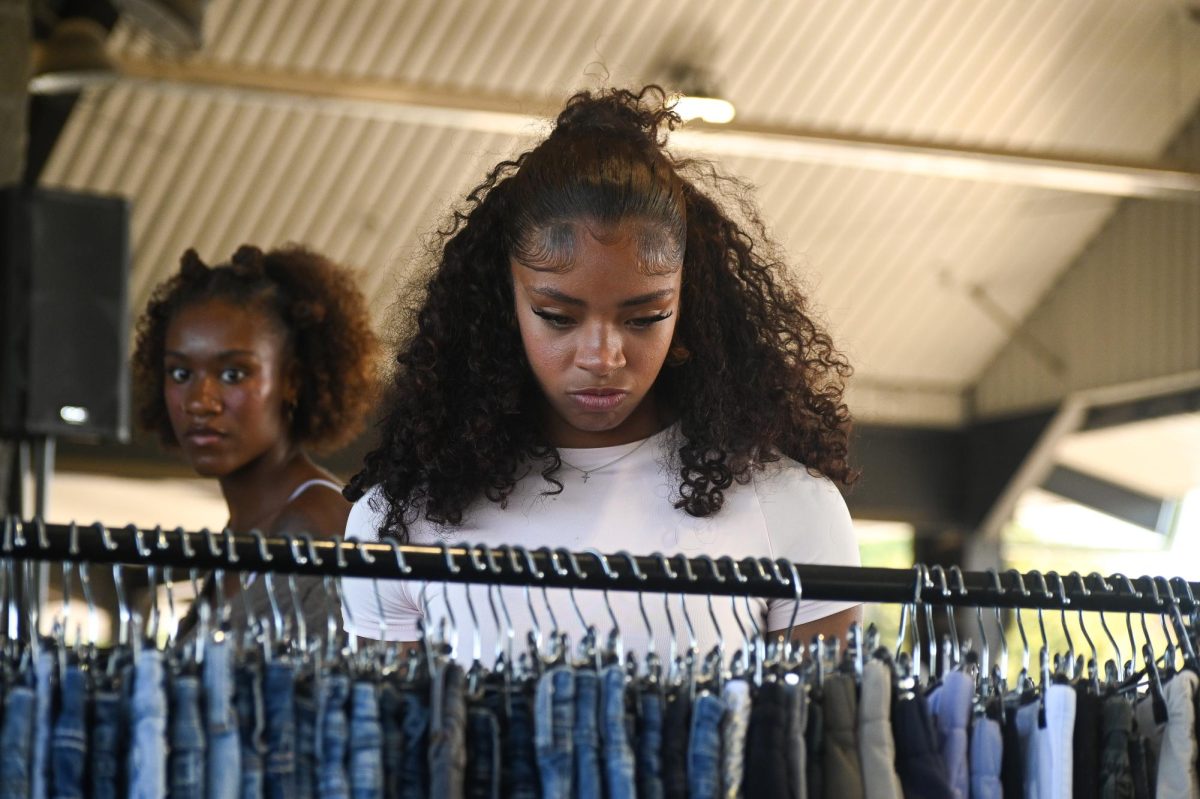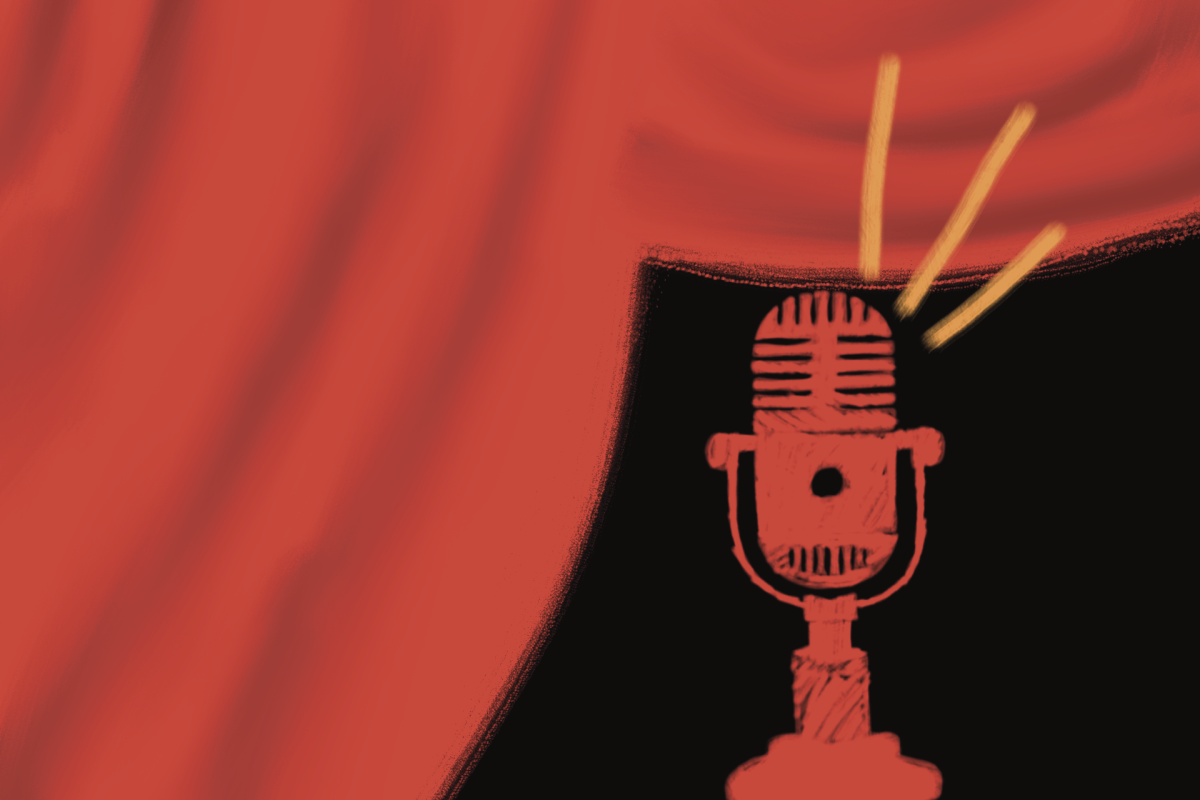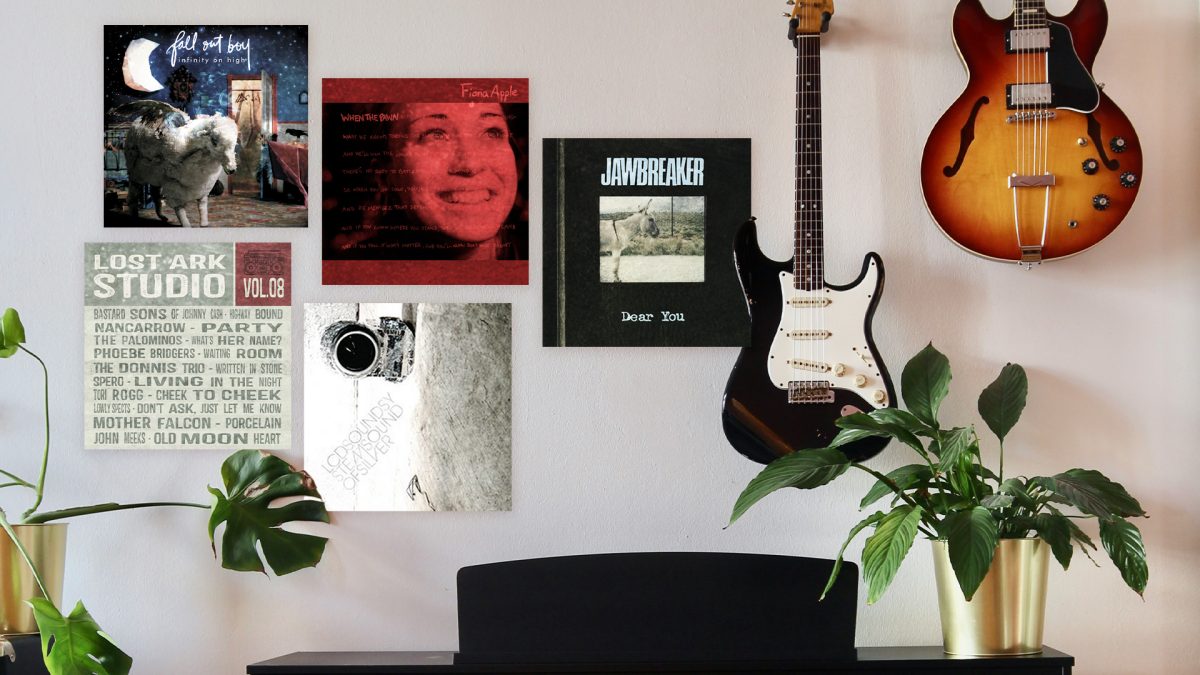‘In The End It Always Does’ expertly saddens and comforts listeners in equal measure.
The Japanese House’s latest album, “In the End It Always Does,” is an effortlessly poignant ode to queer love. This is British musician Amber Mary Bain’s second studio album, which she released on June 30. Bain is the talented soloist behind The Japanese House’s melancholic sound. Bain, who plays guitar, synthesizer and keyboard in addition to her singing and songwriting, is vocally accompanied by MUNA and The 1975’s Matty Healy on “In the End It Always Does.”
Bain is known for her androgynous voice, which relays unconventional melodies in a whispery falsetto. Her moniker came from a childhood memory of staying at a Japanese tea house-inspired property in Cornwall, England, where she posed as a boy for a week. This became a theme, as Bain spent her early career obscuring her identity and gender.
The Japanese House combines Clairo-adjacent vocals with cryptic lyrics akin to Justin Vernon’s — known professionally as Bon Iver — writing. Her use of the synthesizer is similar to Troye Sivan’s latest work, and her unwavering musical consistency reminiscent of Cigarettes after Sex. (Vernon and Bain previously collaborated on the song “Dionne,” which is arguably one of the best depictions of lovesickness ever produced.)
“In The End It Always Does” is composed of twelve tracks that bounce between folktronica, synth-pop and experimental electronica. Bain’s expert layering of synthesizer samples, electric guitar and various sound effects is a testament to her musical prowess. Strip away her voice and impressive instrumentation remains.
“Spot Dog” is a strong opener that combines moody synth with a childish piano sequence and old-timey strings. The following track, “Touching Yourself” is about exactly what the title suggests — Bain doesn’t mince words. Though it centers around a sexual motif, the soft sentiment of the song couldn’t be more antithetical to the crude title.
The album’s first collaboration is, “Morning Pages,” which features MUNA’s Katie Gavin and describes the timeline of a changing relationship. The drum-heavy track follows the shift from a fresh, erotic adventure to a more comfortable long-term relationship.
“I think we’re drawn to this style of song, where the theme is sad and gay,” Bain said in the song’s description on Apple Music. Bain uses female pronouns to refer to her lovers throughout the whole album.
“I think [the album] kind of is effortlessly queer, because it is queer,” Bain said in a June 18 interview with CoSign. “I’d like to think that somehow that slips through, especially on songs like ‘Boyhood’ and ‘Friends,’ which sound quite gay to me.”
“Boyhood,” in all its gay glory, is an obvious highlight of the album. It’s stripped back at first and builds deliciously as Bain sings about how her inability to change led to her lovers inevitably abandoning her.
“I wanna change but it’s nothing new,” she laments. “And if I grow, I’m gonna get so old.” Bain is frustrated, stuck on a fundamental truth of life, but “Boyhood”’s musicality swells effortlessly.
Another highlight — and single — of the album is “Sunshine Baby,” which features Healy, a longtime friend and collaborator of Bain’s. Healy produced Bain’s first single, “Still,” in 2015. The two work under the same label, Dirty Hit, and The Japanese House opened for The 1975 on their 2015 tour. Before fans knew the musician behind The Japanese House, they speculated that it was Healy’s secret side project.
However, this most recent collaboration is a disappointing professional choice by Bain considering Healy’s disrespectful, racist and antisemitic behavior — on and off stage — in the last six months. His undeniable talent and showmanship are unfortunately tied to his repetitive, offensive blunders.
Despite Healy’s hurtful conduct, “Sunshine Baby” checks all the boxes of a successful collaborative single: seamless vocal combinations, an earworm chorus and lyrics delivered like a knife to the heart.
The album includes seven more songs, and none require skipping. With “In the End It Always Does,” The Japanese House demonstrates growing musical sophistication from its previous work. Bain sings and writes indie pop effortlessly, like she couldn’t be inauthentic if she tried.
With its nonchalantly devastating lyrics and powerful motifs of cyclical growth and queer identity, this album is smashing from start to finish. Bain, only 27, has plenty of time to keep creating gorgeous work from scratch and aweing her fans. In the end, she always does.
Edited by Annie Goldman | [email protected]
Copy edited by Grace Knight







